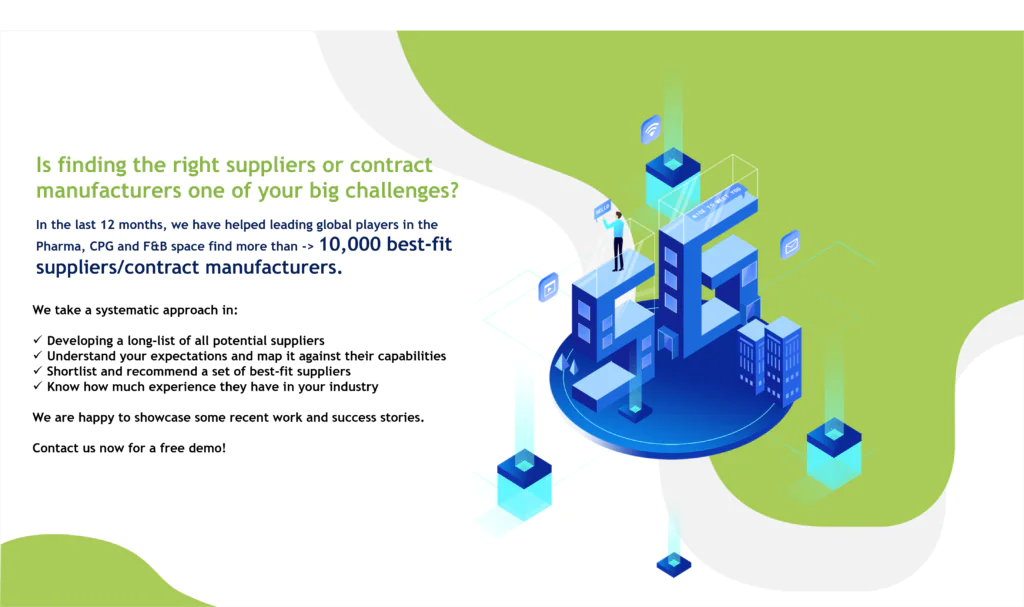By: Manpreet Kaur
The packaging industry plays a critical role in modern commerce, ensuring the safe transportation, storage, and presentation of goods. However, the traditional methods of packaging often come at a significant environmental cost, contributing to pollution, resource depletion, and waste accumulation. In recent years, there has been a growing recognition of the need for sustainable procurement practices within the packaging industry to mitigate these negative impacts and promote environmental stewardship. This article explores the importance of sustainable procurement practices in the packaging industry and examines strategies for achieving them.
The Need for Sustainable Procurement
The packaging industry is under increasing pressure to adopt sustainable practices due to several key factors:
- Environmental Concerns: Traditional packaging materials, such as plastics and non-recyclable materials, contribute to environmental degradation through pollution, greenhouse gas emissions, and habitat destruction.
- Consumer Demand: Consumers are becoming more conscious of the environmental impact of packaging and are actively seeking products that use sustainable materials and practices. This shift in consumer preferences is driving companies to prioritize sustainability in their procurement decisions.
- Regulatory Compliance: Governments and regulatory bodies worldwide are implementing stricter regulations and standards aimed at reducing the environmental impact of packaging. Companies that fail to comply with these regulations face fines, reputational damage, and legal consequences.
- Supply Chain Resilience: Sustainable procurement practices can enhance supply chain resilience by reducing dependence on finite resources, mitigating supply chain risks, and fostering long-term relationships with suppliers.
Key Sustainable Procurement Practices:
To promote sustainability in the packaging industry, companies can adopt various procurement practices:
- Material Selection: Choose packaging materials that are renewable, recyclable, biodegradable, or compostable. Materials such as paperboard, cardboard, glass, and certain types of plastics derived from renewable sources offer viable alternatives to traditional packaging materials.
- Supplier Engagement: Collaborate with suppliers to develop and implement sustainable sourcing practices. Establish clear sustainability criteria for suppliers, conduct regular assessments, and provide support and incentives for improvement.
- Life Cycle Assessment (LCA): Conduct life cycle assessments to evaluate the environmental impact of packaging materials and processes across their entire life cycle. LCA helps identify areas for improvement and guides decision-making towards more sustainable options.
- Packaging Optimization: Optimize packaging design to minimize material usage, reduce waste, and improve transportation efficiency. Utilize lightweight materials, design for disassembly and recyclability, and explore innovative packaging solutions such as reusable or refillable packaging.
- Transparency and Traceability: Enhance transparency and traceability throughout the supply chain to ensure the responsible sourcing of materials and the ethical treatment of workers. Implement systems for tracking and verifying the origin and sustainability credentials of packaging materials.
Request a proposal of our services at SpendEdge to appropriately implement sustainable procurement best practices

Benefits of Sustainable Procurement:
Adopting sustainable procurement practices in the packaging industry offers numerous benefits:
- Environmental Impact Reduction: By using renewable materials, minimizing waste, and reducing emissions, companies can significantly reduce their environmental footprint and contribute to conservation efforts.
- Cost Savings: Sustainable procurement practices can lead to cost savings through reduced material usage, improved operational efficiency, and lower waste disposal costs. Additionally, companies may benefit from enhanced brand reputation and increased market share due to their sustainability efforts.
- Risk Mitigation: By diversifying material sources, promoting supplier resilience, and complying with regulations, companies can mitigate risks related to resource scarcity, regulatory non-compliance, and reputational damage.
- Innovation and Competitiveness: Embracing sustainability fosters innovation and drives product differentiation, allowing companies to stay ahead of competitors and meet evolving consumer preferences.

Get a free trial of our professional services and see how it helps your business
Author’s Details
Manpreet Kaur
Assistant Manager Presales – Sourcing and Procurement Intelligence
Manpreet is a presales specialist at Infiniti Research and has expertise in sales, business strategy execution, and innovative solution design. She is actively involved in supporting clients from F&B, CPG, Healthcare, Pharma, Chemicals, BFSI, Oil & Gas and Automotive sectors.




